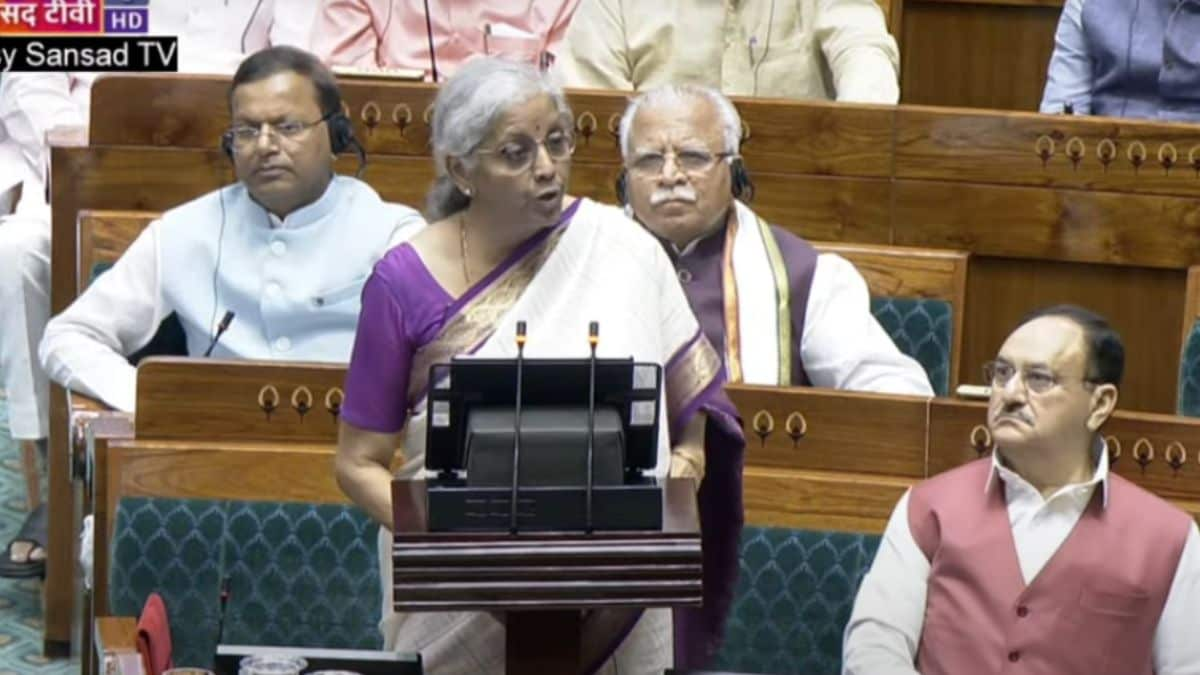Five months after becoming the first Indian state to enact a Uniform Civil Code (UCC), Uttarakhand has released findings from a five-member draft committee that deliberated for nearly two years before the law was cleared by the cabinet and assembly. The committee’s report states that the UCC is a step towards achieving the “lofty constitutional goals of creating an egalitarian society” and promoting justice, liberty, equality, fraternity, and unity among citizens.
Background and Passage of the UCC Law
The Uniform Civil Code seeks to establish a common set of laws for all citizens, irrespective of religion, covering personal matters like marriage, divorce, adoption, inheritance, and succession. This has been a contentious issue in Indian politics, often featuring in BJP manifestos but criticized by some for its perceived conflict with India’s pluralistic society.
Uttarakhand’s move towards UCC began in May 2022 when a five-member expert committee, headed by retired Justice Ranjana Prakash Desai, was formed. After nearly two years of deliberations, the committee submitted its draft to Chief Minister Pushkar Singh Dhami on February 2, 2024. The state assembly passed the bill five days later, and it received presidential assent from President Droupadi Murmu in March.
Key Provisions of the Uttarakhand UCC
The UCC in Uttarakhand includes several significant provisions:
- Compulsory Registration of Live-in Relationships: Live-in relationships must be registered, and parents must be notified, particularly for individuals aged 18-21, to provide additional protection.
- Ending Polygamy: The code declares second marriages void, effectively ending polygamy regardless of religion.
- Court-Ordered Dissolution of Marriages: Marriages can only be dissolved through a court order.
- Inheritance Rights: The code introduces a uniform inheritance scheme, eliminating preferential treatment for heirs related by full blood over those related by half blood and recognizing equal inheritance rights for legitimate and illegitimate children.
- Registration of Marriages: The code mandates the compulsory registration of all marriages, addressing issues like polygamy and child marriage while providing legal safeguards to women.
Justification and Reactions on UCC
The committee drew inspiration from various sources, including field visit feedback, national and international legislations, law commission reports, parliamentary committee reports, and constituent assembly debates. The report argues that the UCC seeks to eliminate age-old stereotypes and provide a comprehensive framework for personal laws that align with contemporary realities.
Chief Minister Pushkar Singh Dhami emphasized that the UCC would simplify legal complexities and provide a uniform system for all. However, the move has sparked debate. Uttarakhand Congress chief spokesperson Garima Mehra Dasauni criticized the decision, arguing that UCC should be implemented nationwide for uniformity and questioning the exclusion of tribal populations.
Implementation and Future Steps
The process of framing the rules for the UCC is underway and is expected to be formalized by the end of 2024. Shatrughan Singh, a member of the UCC draft committee, expressed commitment to meeting the government’s target for implementation.
The enactment of the UCC in Uttarakhand marks a significant development in Indian law, aiming to create an egalitarian society by unifying personal laws across different communities. The implementation and impact of this code will be closely watched, particularly as the nation debates the broader implications of a nationwide Uniform Civil Code.
Discover more from The Doon Mozaic
Subscribe to get the latest posts sent to your email.




One thought on “Uttarakhand Enacts UCC, Aims for Egalitarian Society”